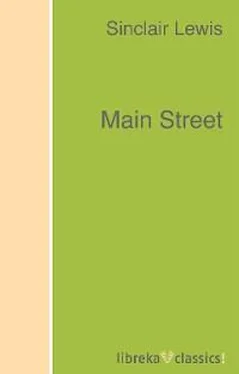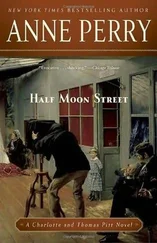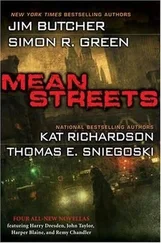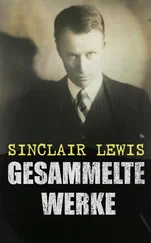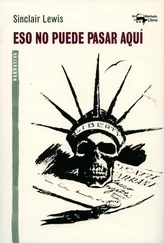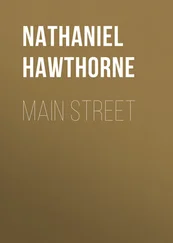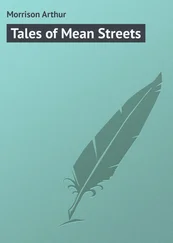Winter garments surpassed even personal gossip as the topic at parties. It was good form to ask, "Put on your heavies yet?" There were as many distinctions in wraps as in motor cars. The lesser sort appeared in yellow and black dogskin coats, but Kennicott was lordly in a long raccoon ulster and a new seal cap. When the snow was too deep for his motor he went off on country calls in a shiny, floral, steel-tipped cutter, only his ruddy nose and his cigar emerging from the fur.
Carol herself stirred Main Street by a loose coat of nutria. Her finger-tips loved the silken fur.
Her liveliest activity now was organizing outdoor sports in the motor-paralyzed town.
The automobile and bridge-whist had not only made more evident the social divisions in Gopher Prairie but they had also enfeebled the love of activity. It was so rich-looking to sit and drive—and so easy. Skiing and sliding were "stupid" and "old-fashioned." In fact, the village longed for the elegance of city recreations almost as much as the cities longed for village sports; and Gopher Prairie took as much pride in neglecting coasting as St. Paul—or New York—in going coasting. Carol did inspire a successful skating-party in mid-November. Plover Lake glistened in clear sweeps of gray-green ice, ringing to the skates. On shore the ice-tipped reeds clattered in the wind, and oak twigs with stubborn last leaves hung against a milky sky. Harry Haydock did figure-eights, and Carol was certain that she had found the perfect life. But when snow had ended the skating and she tried to get up a moonlight sliding party, the matrons hesitated to stir away from their radiators and their daily bridge-whist imitations of the city. She had to nag them. They scooted down a long hill on a bob-sled, they upset and got snow down their necks they shrieked that they would do it again immediately—and they did not do it again at all.
She badgered another group into going skiing. They shouted and threw snowballs, and informed her that it was SUCH fun, and they'd have another skiing expedition right away, and they jollily returned home and never thereafter left their manuals of bridge.
Carol was discouraged. She was grateful when Kennicott invited her to go rabbit-hunting in the woods. She waded down stilly cloisters between burnt stump and icy oak, through drifts marked with a million hieroglyphics of rabbit and mouse and bird. She squealed as he leaped on a pile of brush and fired at the rabbit which ran out. He belonged there, masculine in reefer and sweater and high-laced boots. That night she ate prodigiously of steak and fried potatoes; she produced electric sparks by touching his ear with her finger-tip; she slept twelve hours; and awoke to think how glorious was this brave land.
She rose to a radiance of sun on snow. Snug in her furs she trotted up-town. Frosted shingles smoked against a sky colored like flax-blossoms, sleigh-bells clinked, shouts of greeting were loud in the thin bright air, and everywhere was a rhythmic sound of wood-sawing. It was Saturday, and the neighbors' sons were getting up the winter fuel. Behind walls of corded wood in back yards their sawbucks stood in depressions scattered with canary-yellow flakes of sawdust. The frames of their buck-saws were cherry-red, the blades blued steel, and the fresh cut ends of the sticks—poplar, maple, iron-wood, birch—were marked with engraved rings of growth. The boys wore shoe-packs, blue flannel shirts with enormous pearl buttons, and mackinaws of crimson, lemon yellow, and foxy brown.
Carol cried "Fine day!" to the boys; she came in a glow to Howland & Gould's grocery, her collar white with frost from her breath; she bought a can of tomatoes as though it were Orient fruit; and returned home planning to surprise Kennicott with an omelet creole for dinner.
So brilliant was the snow-glare that when she entered the house she saw the door-knobs, the newspaper on the table, every white surface as dazzling mauve, and her head was dizzy in the pyrotechnic dimness. When her eyes had recovered she felt expanded, drunk with health, mistress of life. The world was so luminous that she sat down at her rickety little desk in the living-room to make a poem. (She got no farther than "The sky is bright, the sun is warm, there ne'er will be another storm.")
In the mid-afternoon of this same day Kennicott was called into the country. It was Bea's evening out—her evening for the Lutheran Dance. Carol was alone from three till midnight. She wearied of reading pure love stories in the magazines and sat by a radiator, beginning to brood.
Thus she chanced to discover that she had nothing to do.
Конец ознакомительного фрагмента.
Текст предоставлен ООО «ЛитРес».
Прочитайте эту книгу целиком, купив полную легальную версию на ЛитРес.
Безопасно оплатить книгу можно банковской картой Visa, MasterCard, Maestro, со счета мобильного телефона, с платежного терминала, в салоне МТС или Связной, через PayPal, WebMoney, Яндекс.Деньги, QIWI Кошелек, бонусными картами или другим удобным Вам способом.
